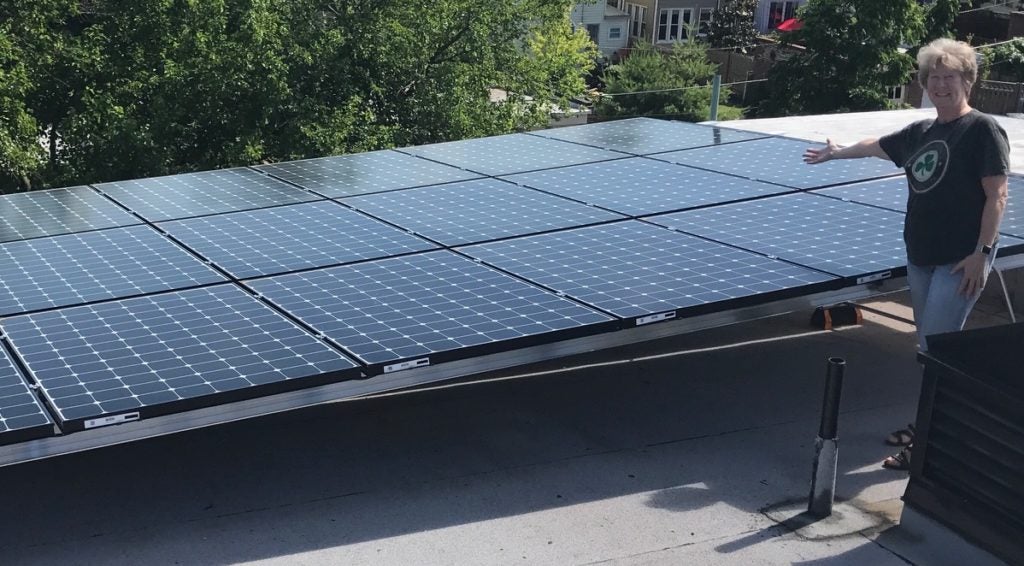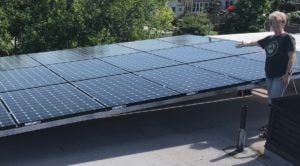Pepco asks PSC for more expensive path for electricity upgrades


Pepco has asked the D.C. Public Service Commission (PSC) for more than $300 million from ratepayers. It is making this request for what it claims are needed upgrades to the District’s electricity delivery system. The PSC should insist we first seriously evaluate “non-wires alternatives” to meet the District’s electric infrastructure needs. Doing so could help make D.C.’s electric system more affordable, reliable, and renewable.
Non-wires alternatives encompass a number of technologies and policies that make the electric grid more responsive. Distributed generation, such as energy from rooftop solar panels, is a critical component of non-wires alternatives. Energy efficiency is important as well, as both reduce electricity demand on the grid. Distributed energy storage can reduce stress on the electric grid by smoothing out times of peak demand. The PSC should empower District residents to employ these technologies. Doing so is likely less costly with many more direct benefits to D.C. ratepayers than the infrastructure build out Pepco has requested.
Pepco’s request chooses not to take this path. Instead, it is sticking to an outdated model of an energy system the company is desperate to uphold. In this model, energy is produced in large quantities at centralized locations. It is the role of utilities like Pepco to deliver that electricity to our homes and businesses. Pepco makes money by building and maintaining that system.
When a utility like Pepco builds a piece of electric grid infrastructure it is able to account for the cost to build it in our electric bills. This is known as “rate basing”. Essentially, the cost is passed through to Pepco customers, us. But, Pepco is also allowed to charge a certain percentage more than the cost of whatever it builds. This provides it with a guaranteed rate of return. So, the more Pepco builds, the more money it makes. Our current electric system incentivizes the construction of utility infrastructure such as substations, transmission lines, etc., regardless of their need.
The increasing adoption of distributed energy sources such as solar reduce the need to make the kind of upgrades to infrastructure that Pepco benefits from financially. Pepco’s request is the perfect opportunity for the PSC to demonstrate forward thinking that benefits ratepayers. Instead of shoveling more ratepayer money at a monopoly utility, the Commission should instead empower District residents to take control of where their electricity comes from.
The PSC will review Pepco’s request as part of Formal Case 1144. It is accepting public comments until November 29. Comments can be sent to: Brinda Westbrook-Sedgwick, Commission Secretary, Public Service Commission of the District of Columbia, 1325 G Street, N.W., Suite 800, Washington, D.C. 20005.
